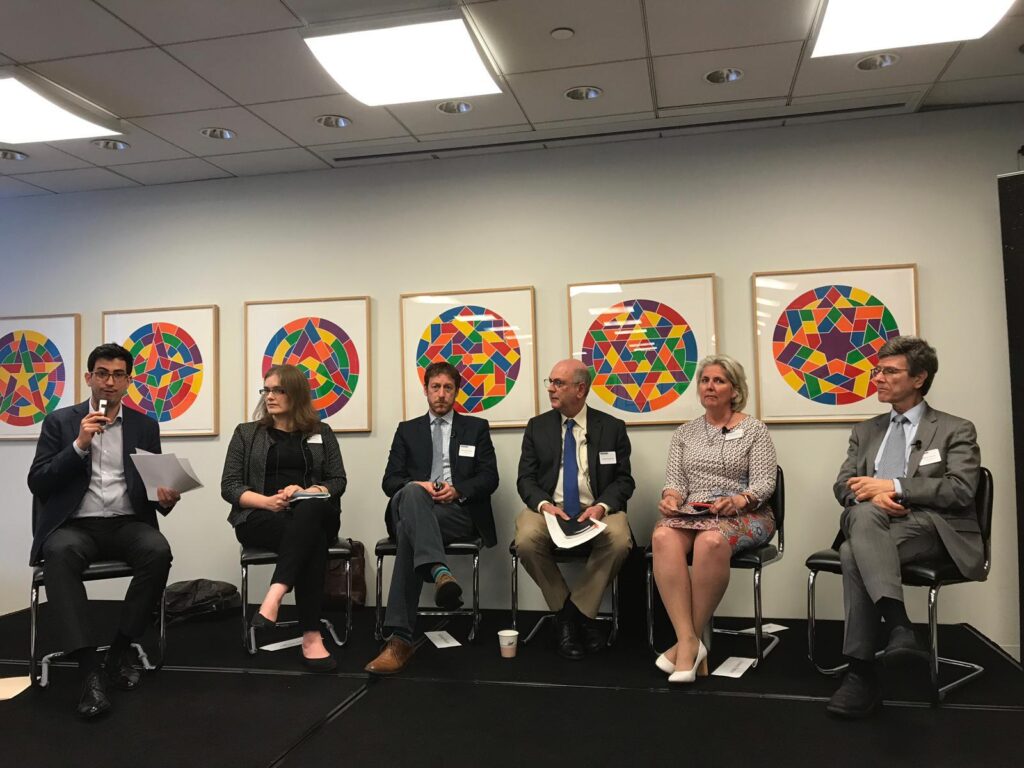
On April 24th, the Thomson Reuters Foundation hosted a panel discussion on a cutting-edge scientific approach to tackling climate change. This first-of-its kind event was hosted at Dentons law firm in New York City and featured leading experts Jeffrey Sachs, Michael Burger, Julie Arrighi, Peter Frumhoff and Lindene Patton. The panel discussion was moderated by the Thomson Reuters Foundation’s Climate Correspondent, Sebastien Malo.
The panel explored event attribution, a ground-breaking new field of study that seeks to determine what proportion of a specific extreme weather event can be blamed on climate change, and by extension to approximate the role of humans and corporations in extreme weather events like hurricanes or droughts. Over seventy legal experts, scientists, academics and corporations gathered to hear the panel’s insights on how this cutting-edge science could hold businesses and other actors accountable for climate change, and also drive a new type of climate-related law suit.
Jeffrey Sachs, world-renowned professor of economics and leader in sustainable development, compared this ground-breaking science to similar legal techniques that have held businesses and governments accountable in the past. Sachs said: “What would litigation do? Ideally it would do something like the litigation over tobacco, and it’s the same issue of attribution… You would sue the ones that are responsible.”
The Thomson Reuters Foundation plays a thought leadership role in the fight to curb climate change, build resilience to it and shift to sustainable energy.
“We thought it was really important for the Thomson Reuters Foundation to host this event and bring science, policy, media and law into the same room. Climate change has always been a focus for the Foundation and we wanted to shine a light on this new legal topic. Bringing such a diverse range of experts into one room was important for us to start the conversation and activate the community to drive action,” said Flavie Fuentes, Manager of TrustLaw in North America.
Moderator Sebastien Malo said: “It’s rare to have the top legal, policy and science minds in the same room to discuss climate change. It was necessary to open the event up to various experts interested in the subject matter. I think we all walked away with a better sense of what the future of law and science may bring.”
To read our climate coverage, visit http://news.trust.org/climate/
More News
View All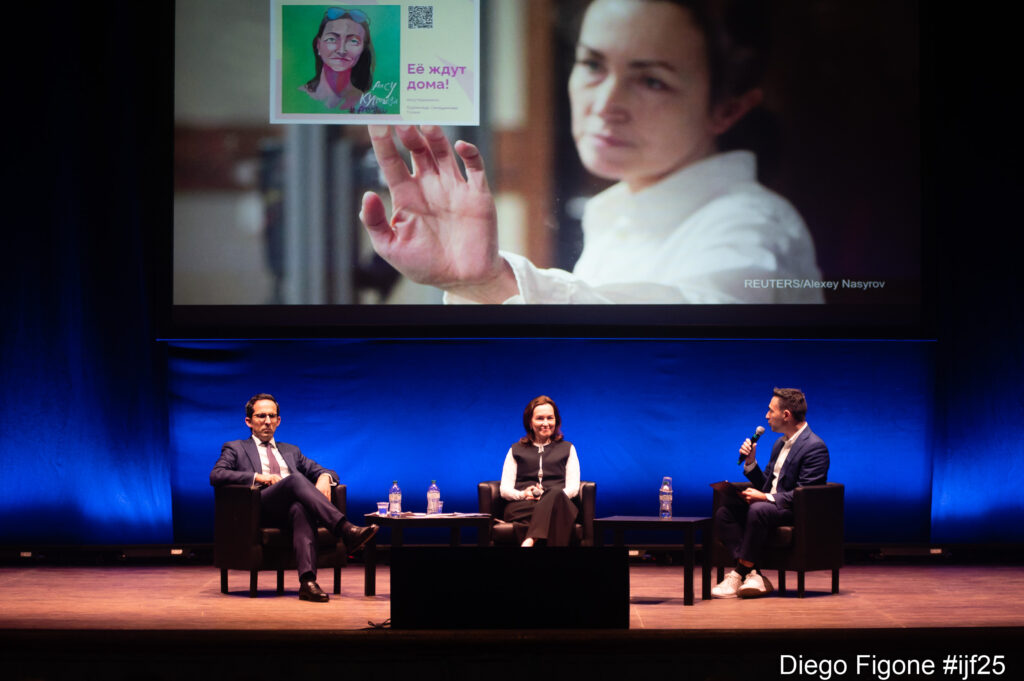
Five takeaways from the 2025 International Journalism Festival in Perugia
Remarkable solidarity…
Read More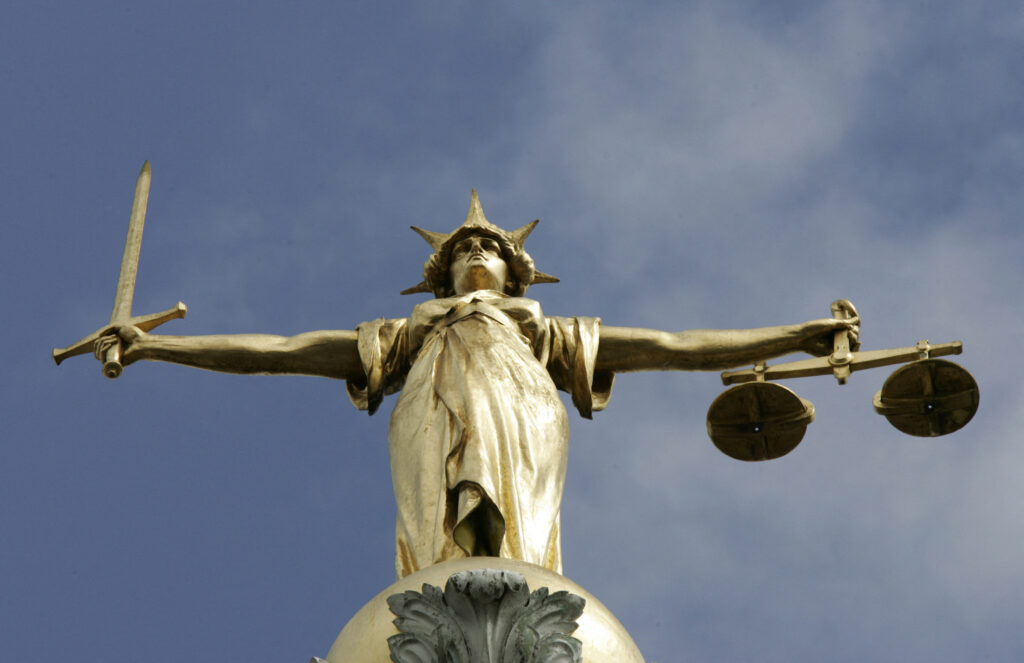
How ‘foreign agent’ laws are silencing independent media
We explore the growing threat of ‘foreign agent’…
Read More
Unpacking the regional trends of the Index of Pro Bono 2024
We take a look at the long-term trends on pro…
Read More
2024 Index of Pro Bono findings revealed
The 2024 Index of Pro Bono, compiling comprehensive data representing nearly…
Read More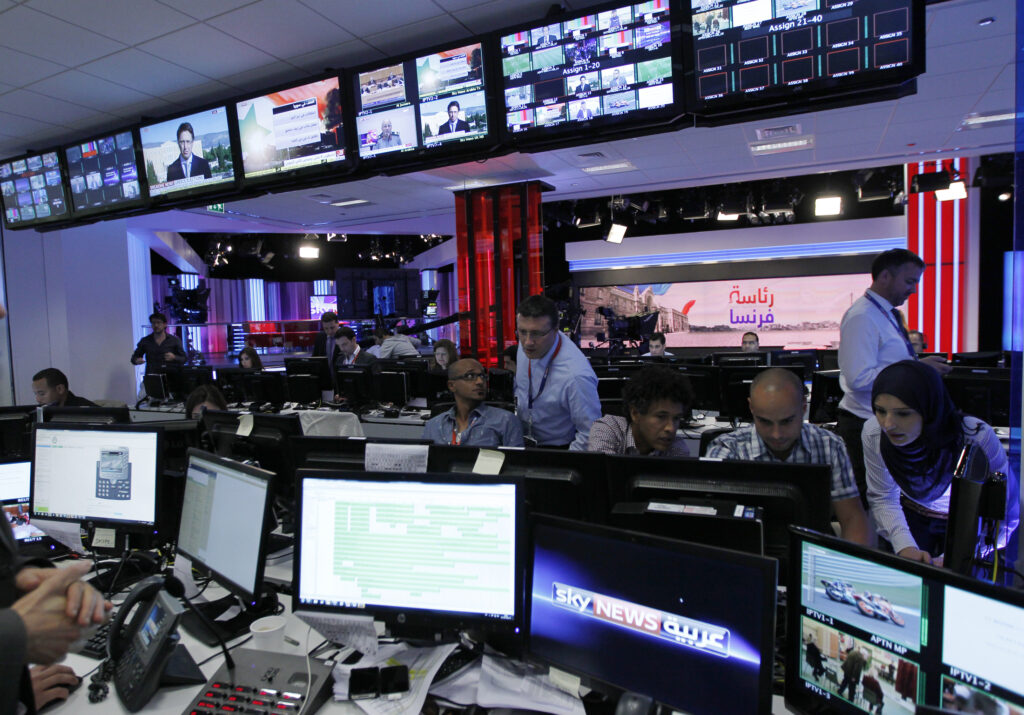
Journalists cautiously optimistic about the effect of AI on the profession, our new report finds
Our new TRF Insights report sheds light on the opportunities and challenges of AI…
Read More
Thomson Reuters Foundation announces new members of the Board of Trustees
Two new trustees have…
Read More
Why strengthening access to the law is critical to protecting human rights
On Human Rights Day,…
Read More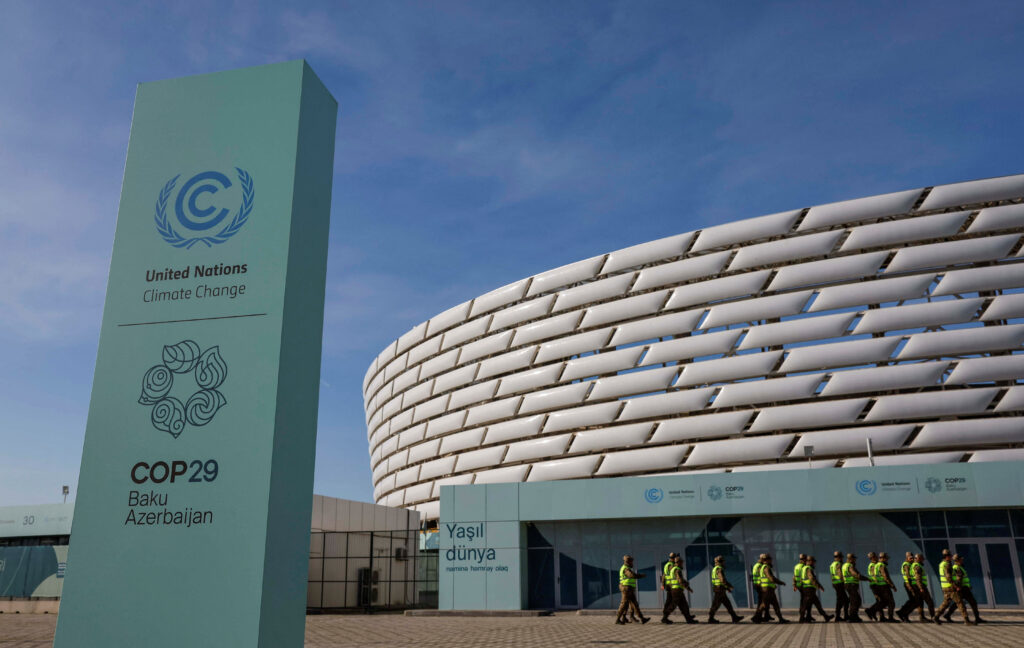
Reflections on COP29
Jack Graham, Context’s Deputy Editor for Funded Projects, shares his reflections from this year’s COP29 conference.
Read More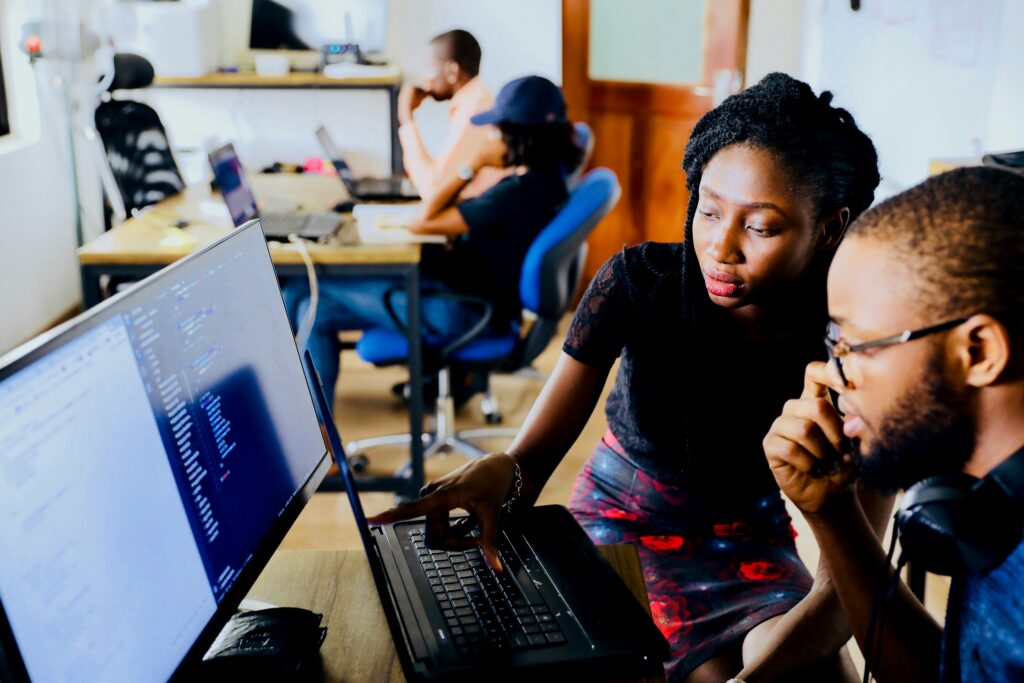
Thomson Reuters Foundation and UNESCO partner to drive responsible corporate AI adoption
The Thomson Reuters Foundation and UNESCO have partnered to launch the AI…
Read More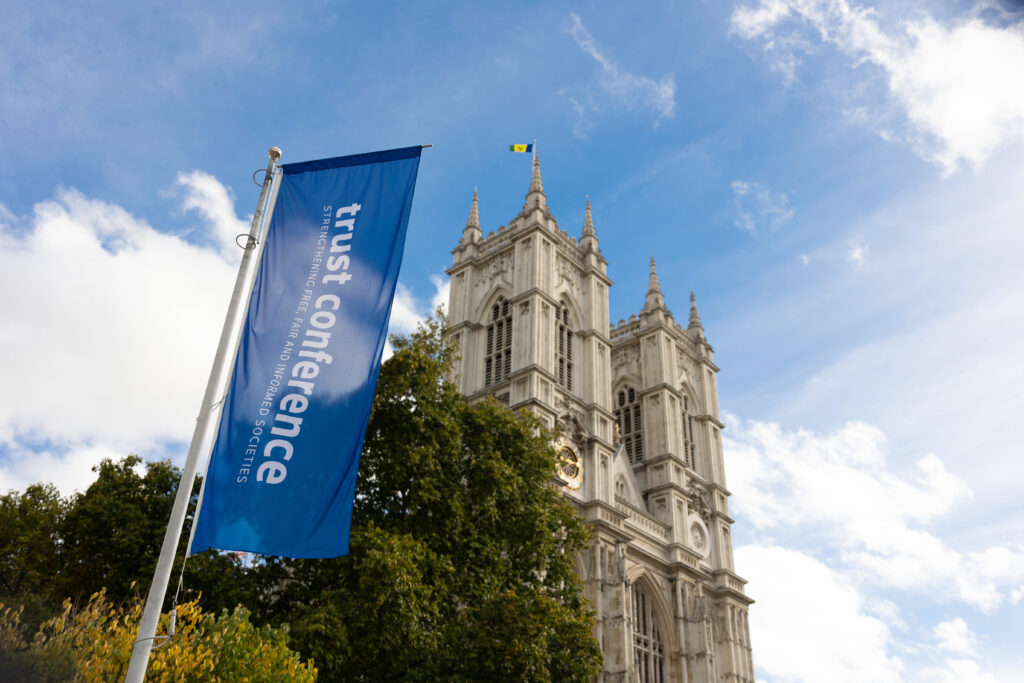
Announcing this year’s line-up for Trust Conference 2024
How do we defend democracy and trust in…
Read More

